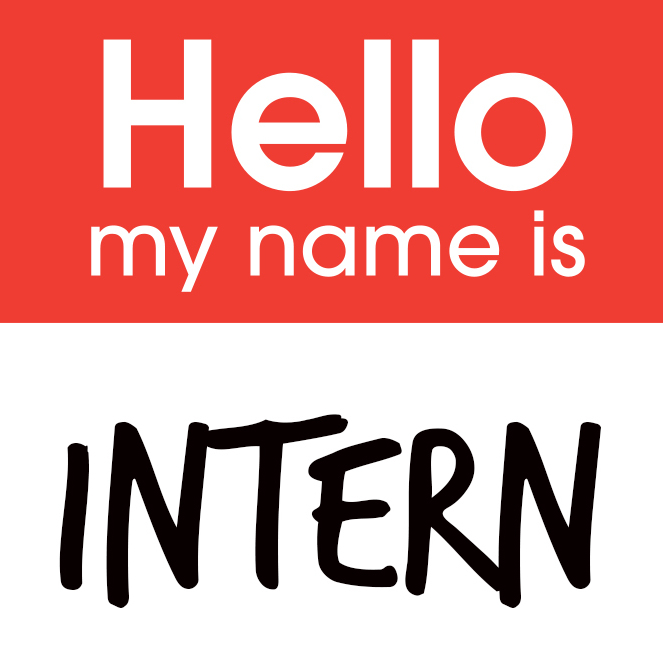
Software Engineering Intern
An internship is a period of work experience offered by an organization for a limited period of time. In software, a software engineer intern tends to have stronger importance with more competitive pay and real projects to work on.
Explore Interview QuestionsTaro 75Google Interview QuestionsMeta Interview QuestionsAmazon Interview QuestionsApple Interview QuestionsNetflix Interview Questions
Explore Interview ExperiencesOpenAI Interview ExperiencesAnthropic Interview ExperiencesPerplexity Interview ExperiencesWindsurf Interview ExperiencesMistral AI Interview Experiences